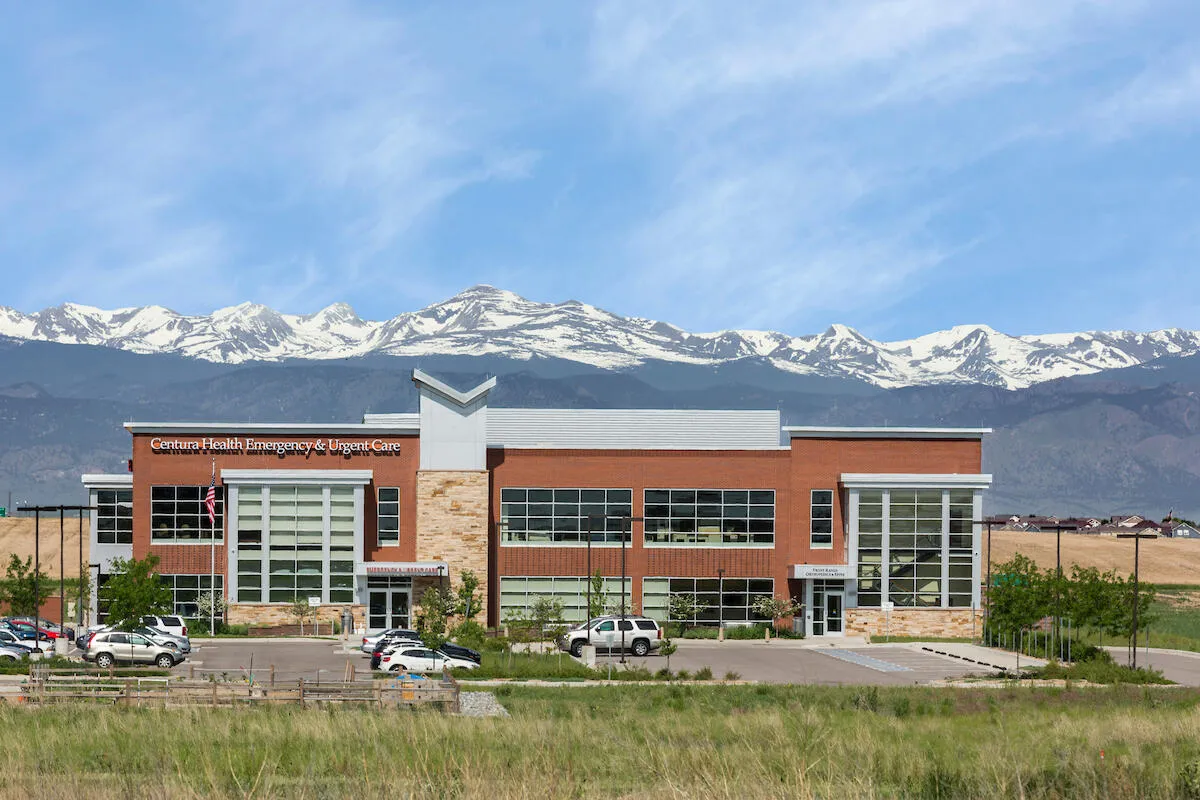Boulder Community Health first in state to use new technology for leaky heart valves

BOULDER — Boulder Community Health this month became the first facility in Colorado to offer patients a new technology to treat leaky heart valves using a minimally invasive catheter system.
Interventional cardiologist Dr. Srinivas Iyengar and his structural heart and valve team that includes Dr. Molly Ware performed the procedure — a “transcatheter edge-to-edge repair” — at Foothills Hospital’s cardiac catheterization lab with Abbott’s TriClip System, which offers a minimally invasive treatment option for patients in need of valve repair but who are unable to withstand surgery.
The system is designed for the treatment of leaky valves — technically called “tricuspid regurgitation” — on the right side of the heart.
SPONSORED CONTENT
BCH is using the first-of-its-kind device, which received approval from the U.S. Food and Drug Administration on April 2, in combination with 4D intracardiac echo (ICE), which provides the interventional cardiologist more advantageous, accurate imaging of the tricuspid valve during the procedure. 4D echo also offers a detailed view captured from inside of the heart.
Patients with TR often experience poor quality of life due to a heart-failure diagnosis, and high-risk open-heart surgery may not be feasible for individuals who are generally older and sicker.
“Tricuspid regurgitation affects more than 1.5 million Americans and worsens with time,” Iyengar, director of structural heart and interventional cardiology, said in a prepared statement. “It’s an honor to know our team at BCH can play even a small part in helping our community and patients experience improved health-related quality of life.”
The tricuspid valve controls blood as it flows from the heart’s right atrium to the right ventricle. TR occurs when the valve doesn’t close properly, causing a leak and allowing blood to flow backward in the heart. TR can force the heart to work harder, causing debilitating symptoms such as fatigue, shortness of breath and fluid retention. When left untreated, TR can lead to atrial fibrillation, heart failure and. ultimately, death. For those who continue to have symptoms or persistent TR despite treatment with medical therapy and are not considered good candidates for surgery, TriClip is now an option, especially with a short hospital stay and recovery time.
Iyengar and his team in October 2022 launched the Medtronic Evolut FX transcatheter aortic valve system, which at the time was the newest technology available for symptomatic severe aortic stenosis patients across all risk categories. Last February, BCH was the first hospital in Colorado to offer patients the newest technology in non-valvular atrial fibrillation. In May, Iyengar’s team was first in the state and a four-state radius to offer the Evolut FX+ transcatheter aortic valve replacement system, a minimally invasive alternative to open-heart surgical aortic valve replacement.
BCH’s Boulder Heart division has locations at Anderson Medical Center in Boulder, Erie Medical Center, Community Medical Center in Lafayette, and in Longmont.
Boulder Community Health this month became the first facility in Colorado to offer patients a new technology to treat leaky heart valves using a minimally invasive catheter system.




